The human brain is an extremely complex organ, made up of almost 100 billion neurons. We’ve made enormous strides in understanding brain activity and how it affects human behavior. But have we figured if the mind and consciousness are linked? Or does it live outside of the brain?
Is consciousness actually a property of the universe like gravity or light?
The prevailing consensus in neuroscience is that consciousness is an emergent property of the brain and its metabolism. When the brain dies, the mind and consciousness of the being to whom that brain belonged ceases to exist. In other words, without a brain, there can be no consciousness.
But according to the decades-long research of Dr. Peter Fenwick, a highly regarded neuropsychiatrist who has been studying the human brain, consciousness, and the phenomenon of near-death experience (NDE) for 50 years, this view is incorrect.
Despite initially being highly incredulous of NDEs and related phenomena, Fenwick now believes his extensive research suggests that consciousness persists after death. In fact, Fenwick believes that consciousness actually exists independently and outside of the brain as an inherent property of the universe itself like dark matter and dark energy or gravity.
Related: You Can’t Use 100% of Your Brain and Why That’s a Good Thing
The Human Mind And Consciousness
Hence, in Fenwick’s view, the brain does not create or produce consciousness; rather, it filters it. As odd as this idea might seem at first, there are some analogies that bring the concept into sharper focus. For example, the eye filters and interprets only a very small sliver of the electromagnetic spectrum, and the ear registers only a narrow range of sonic frequencies. Similarly, according to Fenwick, the brain filters and perceives only a tiny part of the cosmos’ intrinsic “consciousness.”
Indeed, the eye can see only the wavelengths of electromagnetic energy that correspond to visible light. But the entire EM spectrum is vast and extends from extremely low energy, long-wavelength radio waves to incredibly energetic, ultrashort-wavelength gamma rays. So, while we can’t actually “see” much of the EM spectrum, we know things like X-rays, infrared radiation, and microwaves exist because we have instruments for detecting them.
Similarly, our ears can register only a narrow range of sonic frequencies but we know a huge amount of others imperceptible to the human ear exist nevertheless.
When the eye dies, the electromagnetic spectrum does not vanish or cease to be; it’s just that the eye is no longer viable and therefore can no longer filter, be stimulated by, and react to light energy. But the energy it previously interacted with remains nonetheless. And so too when the ear dies or stops transducing sound waves, the energies that the living ear normally respond to still exist.
According to Fenwick, so it is with consciousness. Just because the organ that filters, perceives, and interprets it dies does not mean the phenomenon itself ceases to exist. It only ceases to be in the now-dead brain but continues to exist independently of the brain as an external property of the universe itself.
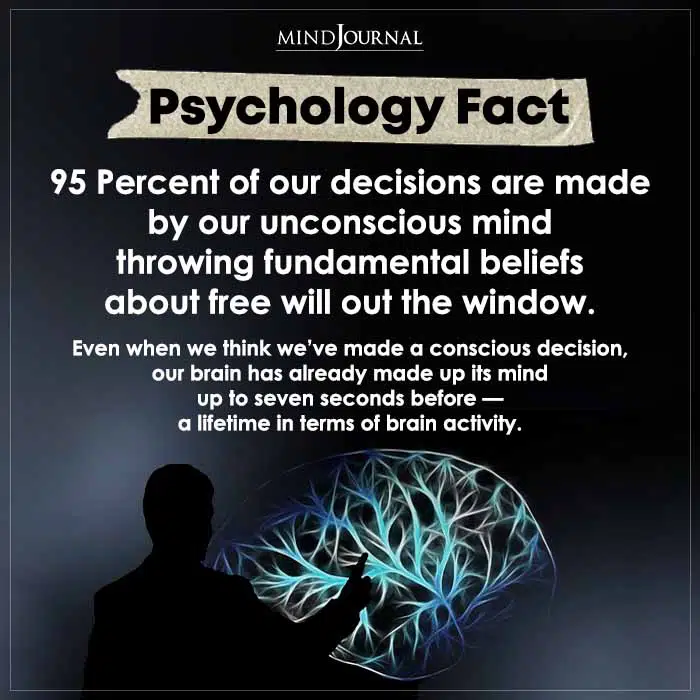
What’s more, according to Fenwick, our consciousness tricks us into perceiving a false duality of self and other when in fact there is only unity. We are not separate from other aspects of the universe but an integral and inextricable part of them. And when we die, we transcend the human experience of consciousness, and its illusion of duality, and merge with the universe’s entire and unified property of consciousness. So, ironically, only in death can we be fully conscious.
This is not to be taken as joining God or a creator because the cosmic consciousness that Fenwick describes did not create the universe but is simply a property of it. Obviously, despite his impressive body of research into this subject, there is no current way to empirically establish the validity of Fenwick’s cosmic consciousness hypothesis. Ultimately, it aligns more with faith than science. Thus it seems the answer to the question in this post’s title is “No.” There is no empirically established explanatory framework for understanding how consciousness can exist independently and outside of the brain.
Recall the old riddle, “If a tree falls in the woods and no one is there to hear it, does it still make a sound?” Well, it seems the answer is “No.” Because sound is the conscious perception of sonic or acoustic stimuli that requires a sense organ to experience.
Without an ear to hear and a brain to interpret the stimulation there will be only molecular vibrations but no sound, per se. In the same vein, all of the energies and biophysical phenomena that the brain experiences as consciousness do indeed exist independently and outside of the brain (e.g., physics, chemistry, and quantum events). But the wondrous experience of consciousness itself seems to require a brain to give rise to it and a brain-based mind to perceive it.
Related: 25 Amazing Psychological Facts That Will Boggle Your Mind
Remember: Think well, Act well, Feel well, Be well!
Copyright 2019 Clifford N. Lazarus, Ph.D. This post is for informational purposes only. it is not intended to be a substitute for help from a qualified health professional. The advertisements in this post do not necessarily reflect my opinions nor are they endorsed by me.
References
Fenwick, P. & Fenwick, E. (2008). The Art of Dying. Bloomsbury: London.
If you found this helpful and interesting then share it with your friends and family. Let us know your thoughts in the comments.
Written by: Clifford N. Lazarus, Ph.D
Originally appeared on: Psychology Today
Republished with permission
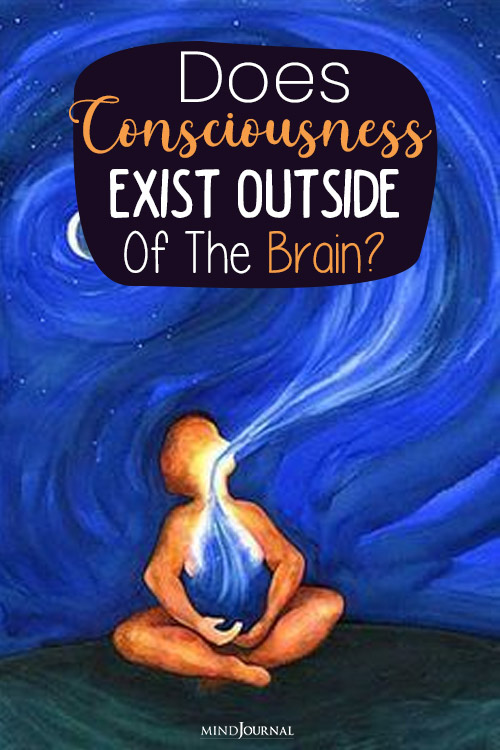
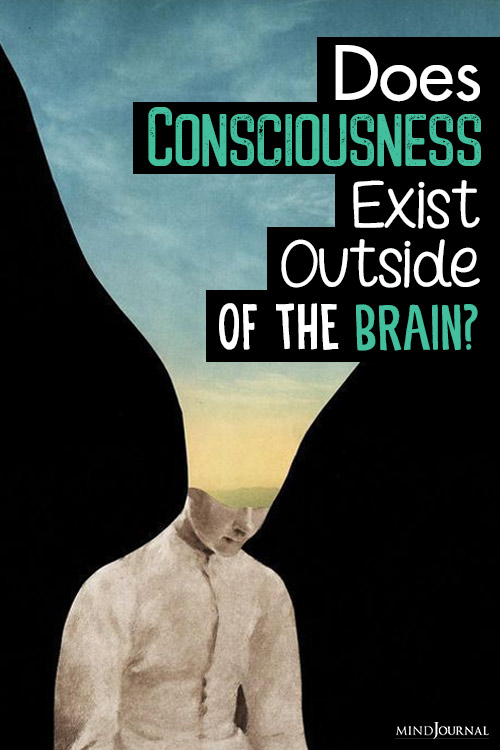
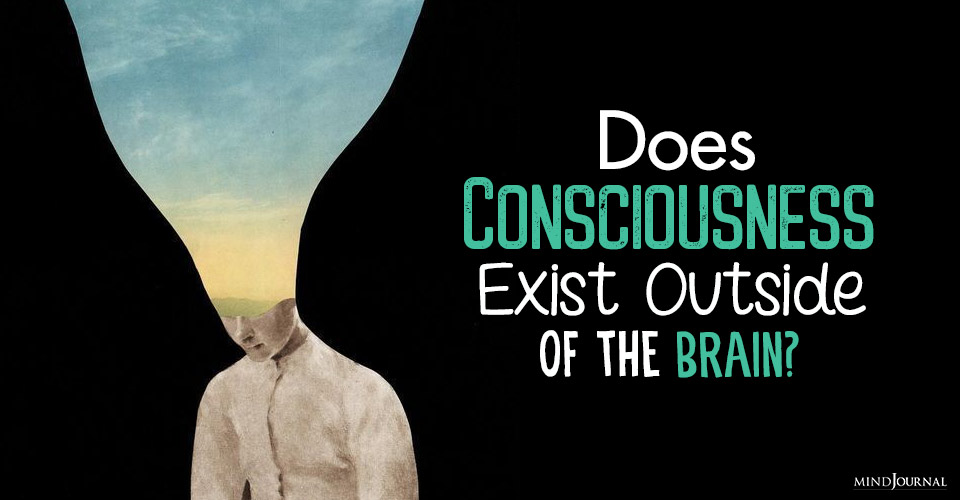


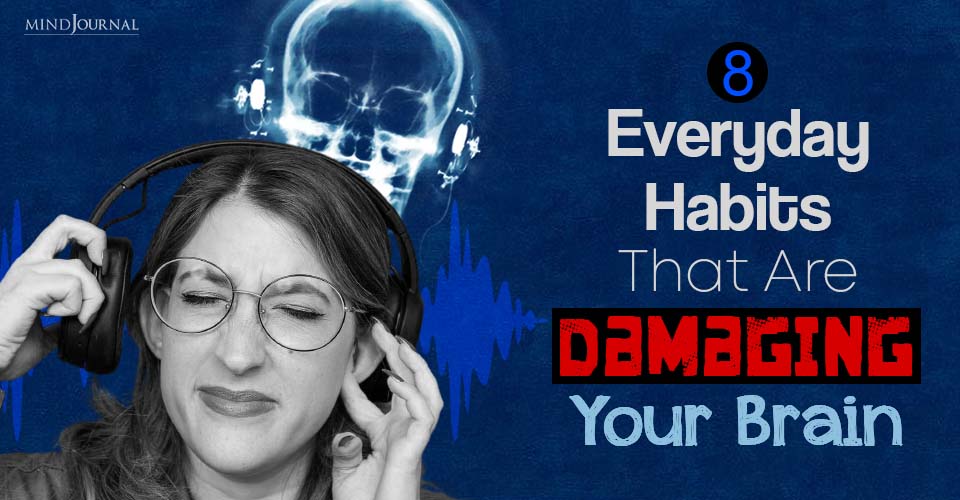



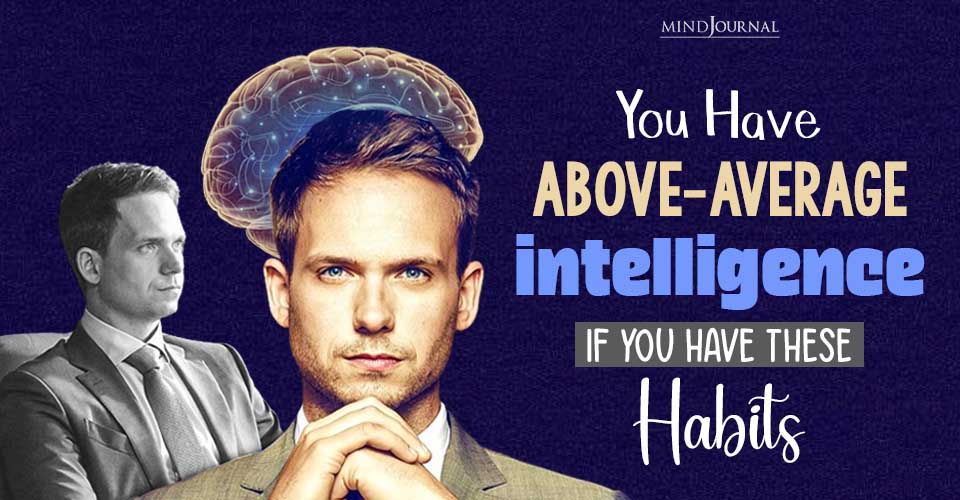
Leave a Reply
You must be logged in to post a comment.